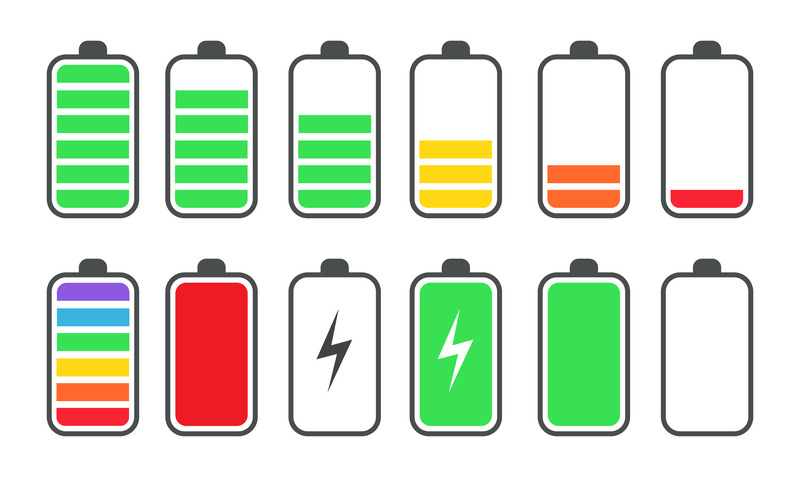Scientists develop Sodium-Ion battery that charges to 80 per cent in six minutes

In a major stride toward sustainable and affordable energy storage, scientists at the Jawaharlal Nehru Centre for Advanced Scientific Research (JNCASR) in Bengaluru, India, have developed a groundbreaking sodium-ion battery that can charge up to 80 per cent capacity in six minutes.
This innovation offers a promising alternative to lithium-based batteries, leveraging the abundance and low cost of sodium to address critical challenges in clean energy technologies.
How does it work
The research team, which was led by Professor Premkumar Senguttuvan and researcher Biplab Patra, made the battery better by changing the part called the anode.
They made their pieces super tiny, put a thin layer of carbon around them, and added a bit of aluminium.
Making the pieces small helps the battery charge faster because the energy can move more quickly. The carbon layer now helps electricity flow better and protects the battery, so it lasts longer. The aluminium helps the battery work more smoothly.
All these changes mean the battery can charge fast and keep working well for a long time.
These enhancements enabled faster ion transport and improved electrical conductivity, resulting in rapid charging speeds without sacrificing battery life.
Impressively, the battery maintains over 80 per cent capacity even after 3,000 charge cycles, indicating excellent durability.
Sodium ion battery, not Lithium-ion battery
Sodium-ion batteries have attracted attention as a sustainable solution because sodium is widely available and significantly cheaper than lithium, whose supply is limited and concentrated in a few countries.
By focusing on sodium, this technology could reduce reliance on imported materials and lower production costs, making energy storage more accessible, especially for applications like electric vehicles, solar power systems, and rural electrification projects.
Researchers are now working to scale up the technology and collaborate with industry partners to bring this fast-charging sodium-ion battery to commercial markets in the near future.
This innovation offers a promising alternative to lithium-based batteries, leveraging the abundance and low cost of sodium to address critical challenges in clean energy technologies.
How does it work
The research team, which was led by Professor Premkumar Senguttuvan and researcher Biplab Patra, made the battery better by changing the part called the anode.
They made their pieces super tiny, put a thin layer of carbon around them, and added a bit of aluminium.
Making the pieces small helps the battery charge faster because the energy can move more quickly. The carbon layer now helps electricity flow better and protects the battery, so it lasts longer. The aluminium helps the battery work more smoothly.
All these changes mean the battery can charge fast and keep working well for a long time.
These enhancements enabled faster ion transport and improved electrical conductivity, resulting in rapid charging speeds without sacrificing battery life.
Impressively, the battery maintains over 80 per cent capacity even after 3,000 charge cycles, indicating excellent durability.
Sodium ion battery, not Lithium-ion battery
Sodium-ion batteries have attracted attention as a sustainable solution because sodium is widely available and significantly cheaper than lithium, whose supply is limited and concentrated in a few countries.
By focusing on sodium, this technology could reduce reliance on imported materials and lower production costs, making energy storage more accessible, especially for applications like electric vehicles, solar power systems, and rural electrification projects.
Researchers are now working to scale up the technology and collaborate with industry partners to bring this fast-charging sodium-ion battery to commercial markets in the near future.
technology
Sodium
battery
clean energy
sodium-ion battery
lithium-based batteries
Let’s Connect
We’re here to listen, support, and engage with you.
Whether it’s feedback, a request, or collaboration — Hon. Yusuf Hassan’s team welcomes your message.
Office Address
Kamukunji Constituency Office, Nairobi
Call
+254 737 500200, +254 716 667733
“Leadership is not about position — it’s about purpose, people, and progress.”